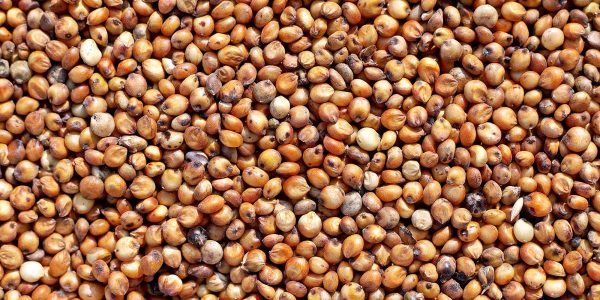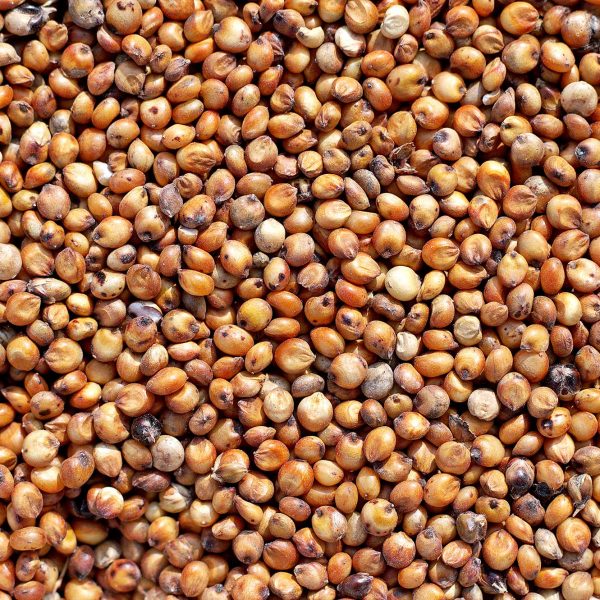
Use Of Grain Sorghum As The Primary Ingredient In Premium Pet Food Products
Pet Food Research
Findings from this study include the following:
- Extrusion can be used to process sorghum-based dry expanded dog food products with physico-chemical characteristics similar to products based on conventional rice and corn-based formulations. Sorghum can be an effective alternative to rice or corn as a carbohydrate source in extruded pet foods.
- When properly processed and coated with fat and palatants, foods composed primarily of red or white sorghum are normally eaten by dogs, and no consumption issues were experienced.
- High in-vivo digestibility indicated that raw material quality for diets including sorghum and the processing conditions were appropriate, and both red and white sorghum can replace corn in dog food without reducing digestibility of the diet.
- Special processing considerations (such as fine grinding or high extrusion energy input) are not necessary for sorghum based diets to achieve good digestibility, thus having potential for reduction in the cost of production.
- Coarse ground sorghum based diets had potential prebiotic effect with beneficial implications on intestinal and general health of the dogs, including production of butyric acid from colonic fermentation. Prebiotic resistant starch can be generated during processing of coarse ground sorghum based diets without extra costs, at the same level (0.5 to 1.0 % dry matter basis) as commercial prebiotics.
- Sorghum-based diets appear to have lower glycemic index as compared to control corn and rice-based diets and require correspondingly a more ‘muted’ insulin response, which is potentially more beneficial for diabetic dogs.
- Palatability trials indicated that dogs preferred sorghum (red) based diet as compared to corn based control diet with the former recorded as first choice food for 71 percent of the animals. The sorghum-based diet was also consumed overall in a much larger proportion than the control (75 percent versus 25 percent).


